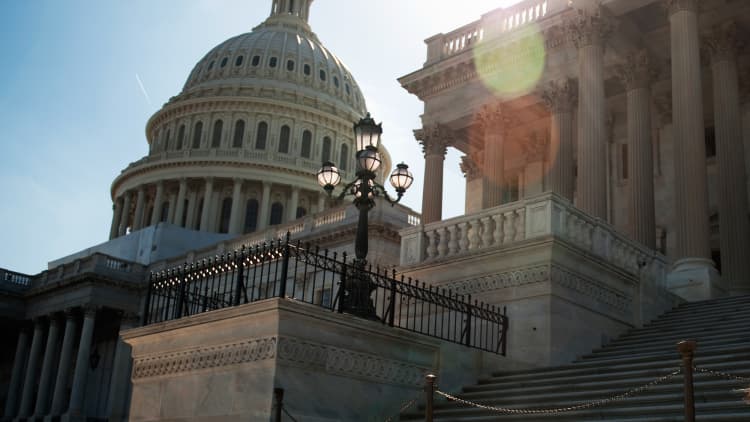Sequoia partner Michael Moritz defended Google's 2006 acquisition of YouTube, saying it "saved" the video service in the $1.65 billion deal, as it was being ravaged by copyright threats over unlicensed music that users were posting.
"The killing fields at YouTube, it certainly wasn't Google. The killing fields were called Universal, Warner, Sony with their battalions and phalanxes of lawyers, their ferocious attack dog agents, who were making these extraordinary threats of annihilation to this little company that for the first 8 or 9 months of their existence worked out of our office," Moritz said, referring to three music companies that had aired complaints about alleged copyright infringement on YouTube's service prior to the sale.
These companies each received a small stake in the company in the deal with Google, The New York Times reported at the time, as part of the licensing deals they reached shortly before it was negotiated. Universal Music Group, Warner Music and Sony Music did not immediately respond to CNBC's request for comment.
"They were the killers, Google was the savior," said Moritz, whose firm had a reported 30 percent stake in YouTube at the time of the sale. "Which is why YouTube today thrills, entertains, amuses and diverts hundreds of millions of customers around the world. Nobody tells that story."
Moritz made the statements at a public workshop on venture capital and antitrust hosted by the Department of Justice Antitrust Division at Stanford University. Moritz was explaining why he typically is opposed to Sequoia portfolio companies exiting through a sale, but offered YouTube as a counter example of a time where it made sense to sell.
Sequoia has been one of the most consistently successful venture firms in Silicon Valley since its founding in 1972, with early investments in companies such as Apple, Google, Oracle, Yahoo, PayPal, LinkedIn, Instagram and WhatsApp, among many others. Moritz joined in 1986.
His take comes as federal antitrust enforcers are focusing in on past acquisitions by Big Tech companies including Google. The Federal Trade Commission announced Tuesday it was launching a research study into five tech firms to examine past acquisitions that were not required to be reported to federal enforcers under the Hart-Scott-Rodino Act.
This review is separate from law enforcement action and being pursued by the FTC's Office of Policy Planning to understand how small acquisitions fuel tech companies, particularly with data. Google's acquisition of YouTube will not be a focus of the review because it had been reported and cleared by law enforcement at the time. Still, FTC Chairman Joe Simons emphasized that any findings of potential wrongdoing during the study could become law enforcement matters.
Moritz argued at the forum that antitrust concerns around tech have played out before, referencing concerns about IBM and Microsoft in decades past. Despite the regular worry around dominant tech players, new firms have consistently managed to rise to the top, Moritz argued, though he glossed over the role that enforcement of antitrust laws might have played in that result.
"Every time we invest in a small company, there is every reason to believe that this is mission impossible and that there are surrounding forces that will make the journey very difficult," Moritz said, "and over and over again, repeatedly, despite all the naysayers, that has never proven really to be the case."
WATCH: How US antitrust law works, and what it means for Big Tech



